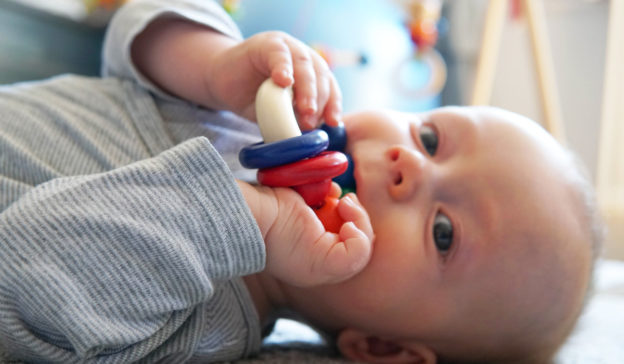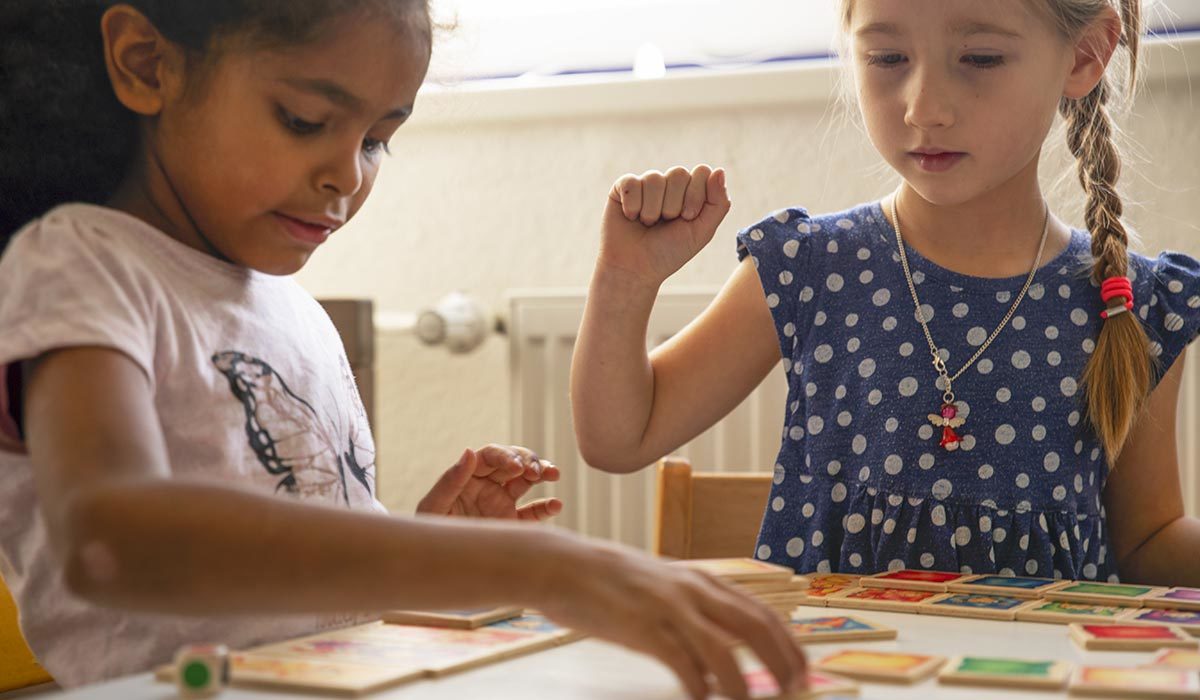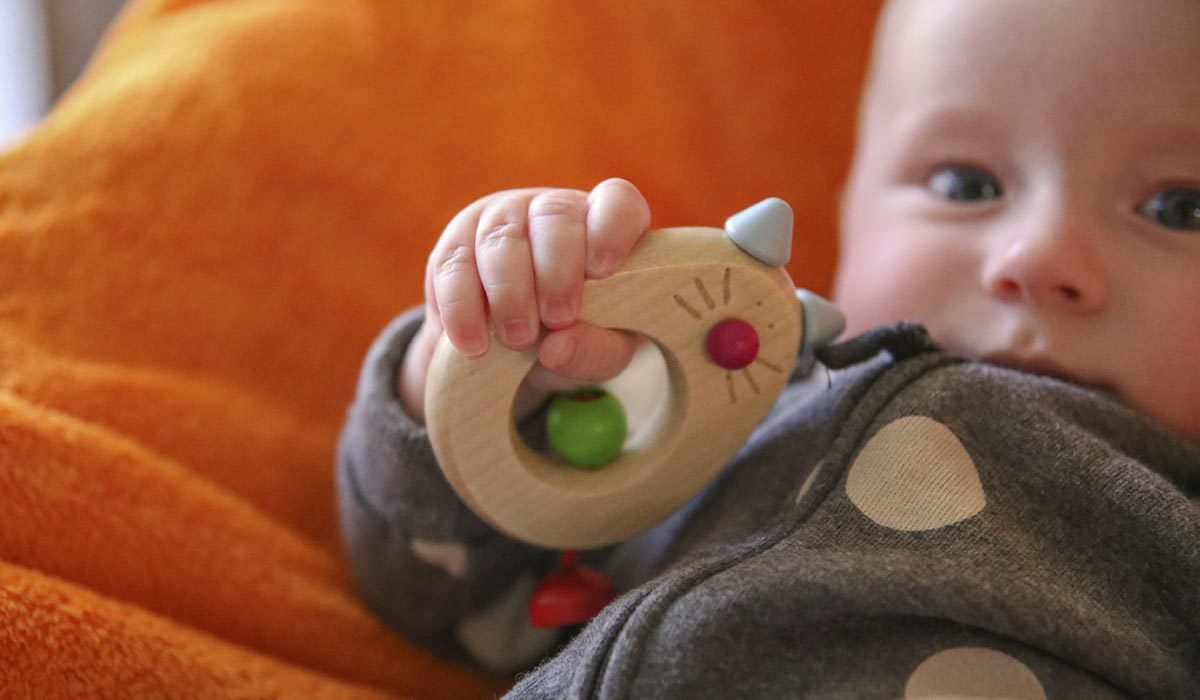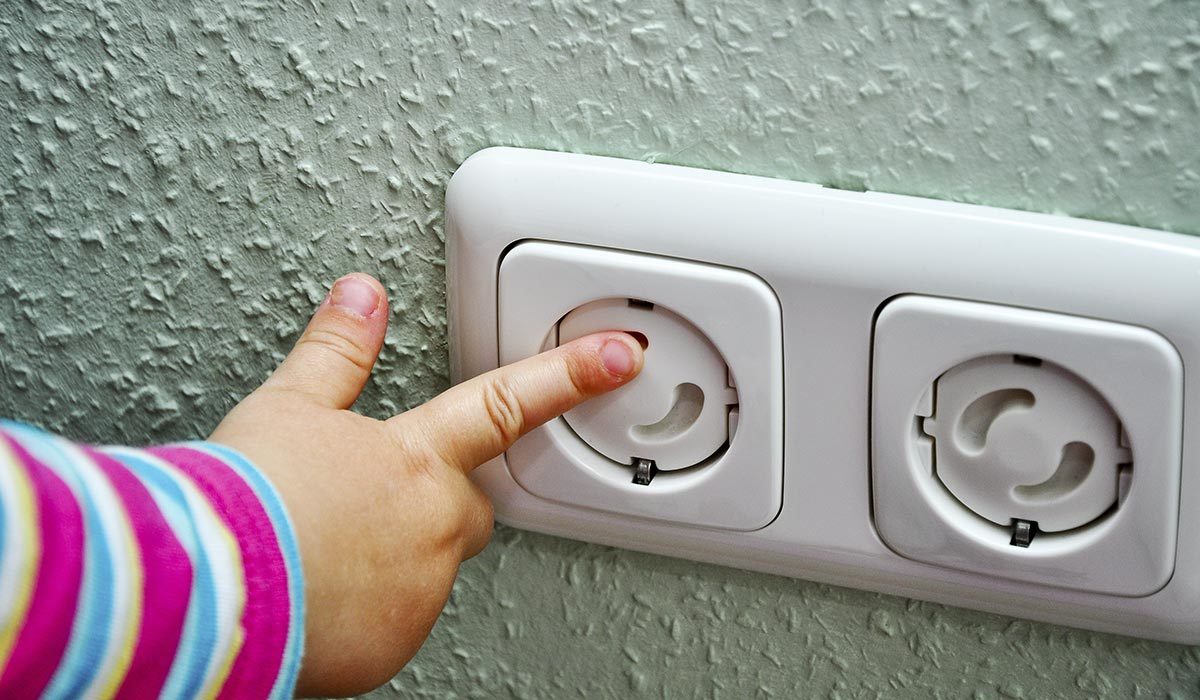Wooden toys have to put up with a lot: they are treasured, squeezed, thrown around, scattered about on the floor, and taken along to the playground or kindergarten. Babies also love to examine the features of their wooden grabbing toys extensively with their mouths.
However, there is no need to be afraid of germs and bacteria: let us tell you how to clean wooden toys gently, and why they are more hygienic than plastic toys.
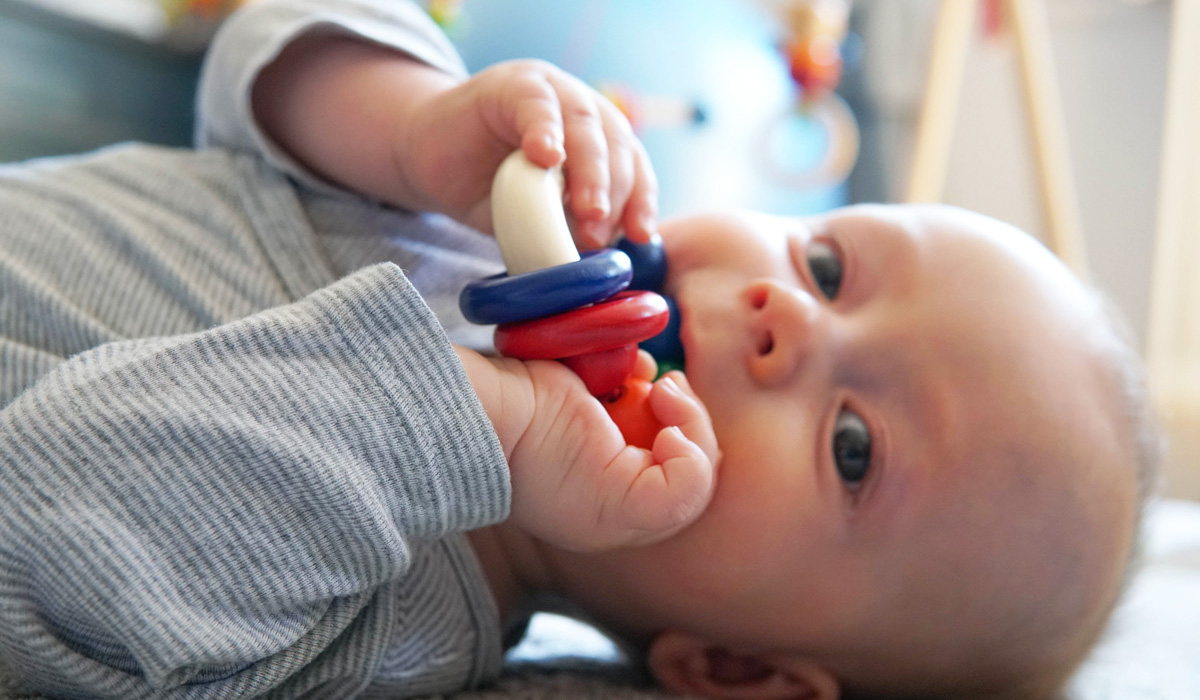
Naturally clean: water rather than chemical agents
No special cleaning products are necessary to clean wooden toys. The high-quality woods that Selecta uses have developed natural anti-bacterial properties. This means that it is enough just to wipe the wood down with a slightly damp cloth.
You should never use chemical cleaners, disinfectants or commercially-bought wet wipes. These often contain toxic substances which your child might absorb through the mucous in their mouth. Avoiding chemical agents is also good for both the environment and your purse.
In order for the toy to remain in good condition for a long time, it should never be cleaned under hot or running water, since this causes the wood to swell and the water-soluble paints to lose their intensity. This is why washing in either the dishwasher or the washing machine is also off limits.
Also good to know: the paints and coatings used by Selecta pose absolutely no health risk and comply with all points of the strict requirements of European legislation on toys.
Why are wooden toys more hygienic than plastic toys?
In contrast to plastic toys, wooden toys do not need any special cleaning before their first use. Traces of bacteria can survive on plastic for up to 24 hours without a host cell, which can facilitate the transmission of diseases. Unlike wood, plastic has no germ-reducing properties. Although both surfaces are equally easy to clean, irregularities and cracks develop in the surface of plastic after just a short time, and these present a welcoming environment for bacteria. Wood possesses anti-bacterial properties which cause viruses and bacteria to die off faster. The porous surface of the wood deprives bacteria of the moisture that they need to survive. Thus, wooden toys have a totally natural self-cleaning process. And they are naturally beautiful in any case—even after a number of years!

